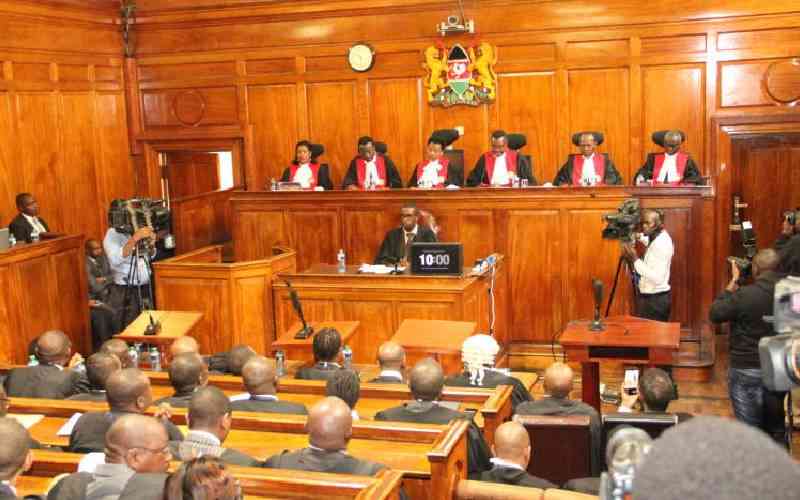×
The Standard e-Paper
Fearless, Trusted News

There will be a presidential election petition. In part, it would seem this fact has stubbornly become a prominent feature of our electoral tradition.
A key feature of court petitions is that they present disputes in form of questions for the court to resolve. These questions are usually supported by possible answers the court may adopt, backed by evidence and supported by argument.